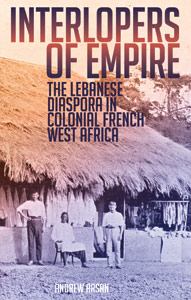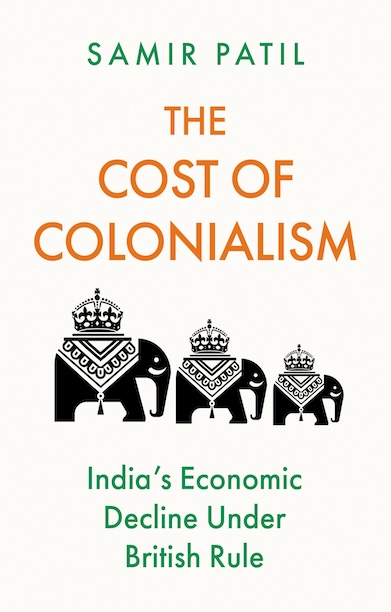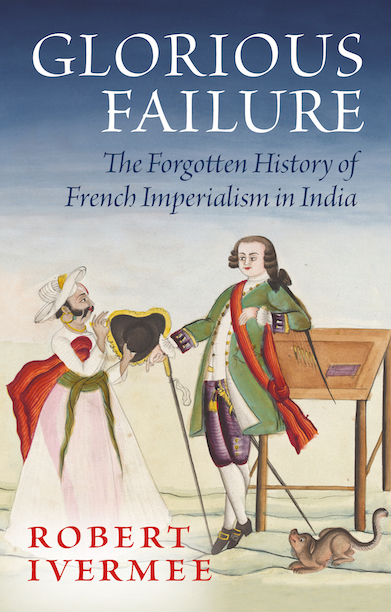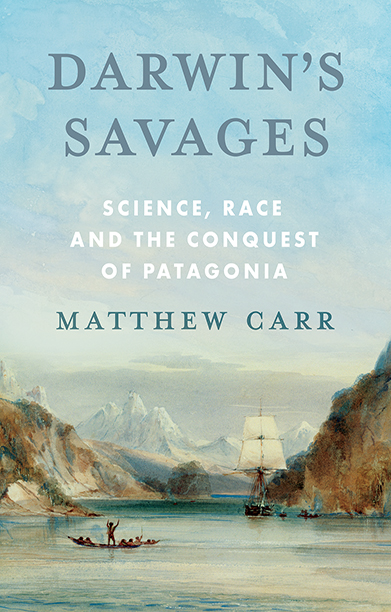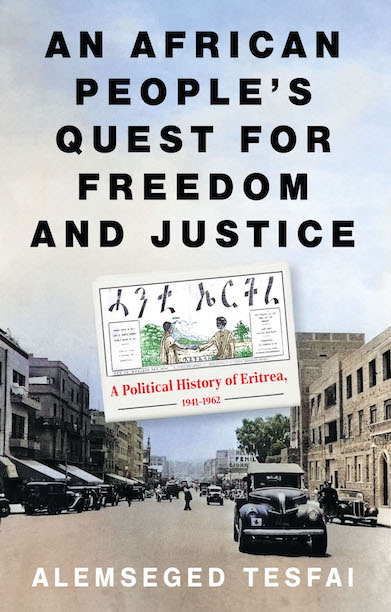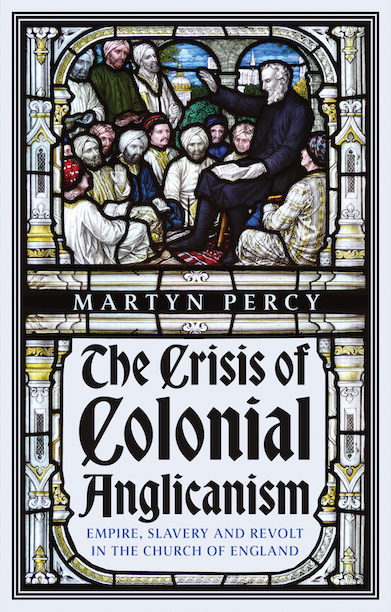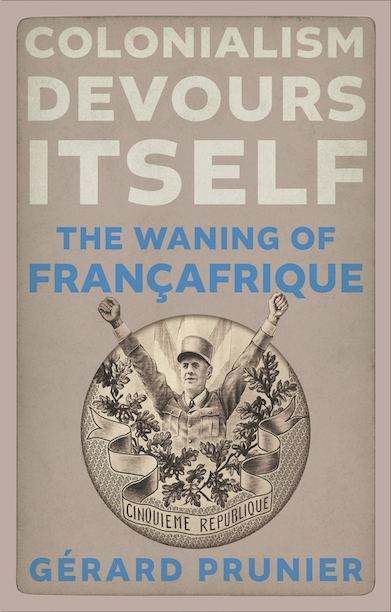Description
This work is the first comprehensive history of the Lebanese migrant communities of colonial French West Africa, a vast expanse that covered present-day Senegal, Côte d’Ivoire, Mali, Guinea, Benin and Mauritania. Where others have concentrated on the commercial activities of these migrants, casting them as archetypal middlemen, this work reconstructs not just their economic strategies, but also their social and political lives. Moreover, it examines the fraught responses of colonial Frenchmen to the unsettling presence of these interlopers of empire––responses which, with their echoes of metropolitan racism, helped to shape the ways in which Lebanese migrants represented themselves and justified their place in West Africa. This is a work which attempts not just to reshape broader understandings of diasporic life—of Janus-like existences lived in transit between distant locales, and dependent on the constant to-and-fro of people, news, and goods––but also to challenge the way we think about empires, and the relations between their constituent territories and diverse inhabitants.
Reviews
‘This is a deeply researched and at times quite riveting story of the largest non-African diaspora of West Africa, namely the Lebanese who immigrated to French West Africa. Arsan’s sophisticated, deeply researched and highly crafted study illuminates Eastern Mediterranean men and women adjusting to life in a new environment, and the particular roles they came to play in the economy and society of French West Africa. This is transnational history of the very best kind, showing a profound understanding of both host nations and immigrants, and shedding light on migration, empire, politics, race and economics through the stories of individuals and family businesses.’ — Gladstone Prize judges
‘This book is a major contribution not only to the growing literature on migration and diasporic communities, but also to the history of Africa. More than this, Andrew Arsan takes the story of these migrants back to Lebanon, adding a Middle Eastern dimension to this fascinating study.’ — C.A. Bayly, Vere Harmsworth Professor of Imperial and Naval History, University of Cambridge and author of The Birth of the Modern World, 1780-1914: Global Connections and Comparisons
‘Andrew Arsan tells a uniquely illuminating tale in captivatingly eloquent prose. In unparalleled ways, Interlopers of Empire tells the comprehensive story of the Lebanese who immigrated to French West Africa. Moreover, it explores the critical yet long-neglected relationship between French colonialists and Lebanese immigrants. In both ways, Arsan will advance our understanding of Middle Eastern diasporas far beyond where it is today. A brilliant book from one of the most promising young scholars of Middle Eastern Studies.’ — Akram Khater, author of Inventing Home: Emigration, Gender and the Making of a Lebanese Middle Class, 1870-1920
‘The first comprehensive history of the largest non-African diaspora of West Africa, Interlopers of Empire is a riveting story of the Lebanese migrant experience. Arsan expertly investigates the complexities of migrant life and traces the story of Eastern Mediterranean men and women as they adjust to their new environment.
What makes the book valuable to the general reader is its insight into the travails of migrants everywhere, who seek new opportunities while coping with the emotions of outsider status. Heartily recommended.’ — Leila Fawaz, Issam M. Fares Professor of Lebanese and Eastern Mediterranean Studies, Tufts University
‘Following Eastern Mediterranean migrants around the rim of the French empire, between Syria, Lebanon, and West Africa, this innovative and astute study tracks not only the movement of goods and capital, but the making of personal lives and selves. Fine-grained, meticulous, and sophisticated, built on careful and detailed research in numerous archives, Andrew Arsan’s book makes a set of compelling, original, and important arguments about transnational migration, imperial politics, race, space, and the making of the global economy.’ — James McDougall, Trinity College, Oxford
Author(s)
Andrew Arsan is University Lecturer in Modern Middle Eastern History at the University of Cambridge and a fellow of St John’s College, Cambridge. His first book, Interlopers of Empire: The Lebanese Diaspora in Colonial French West Africa was joint winner of the 2015 Royal Historical Society Gladstone Prize.
